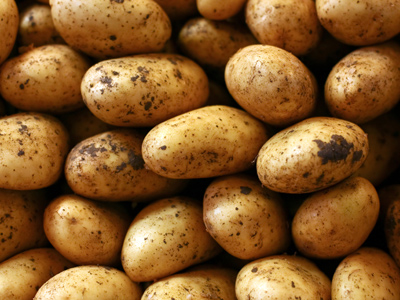
Biology - Healthy Diet (AQA)
In GCSE Science students will be taught the requirements for keeping healthy. This is the first of six quizzes on that topic and it looks in particular at which foods make up a healthy balanced diet, the different groups of food - carbohydrates, proteins and fats - as well as vitamins, minerals and fibre, and in which foods they can be found. It also looks at why we need the different food groups in our diet and the effects of malnutrition and overeating as well as the necessity of regular exercise.
A combination of a balanced diet and regular exercise is needed to help keep the body healthy. A balanced diet involves eating the right types of nutrients in the right proportions. You may see claims made that fast food is in fact healthy. Yes, the fast food companies do include the main nutrients - carbohydrates, proteins, fats, vitamins, mineral ions, fibre and a drink, but these are in the wrong proportions to be healthy when eaten regularly. There is usually a lot more fat and salt than is required by your body and very little fibre.
Ready for more?
not all...
quizzers. Try to win a coveted spot on our Hall of Fame Page.







